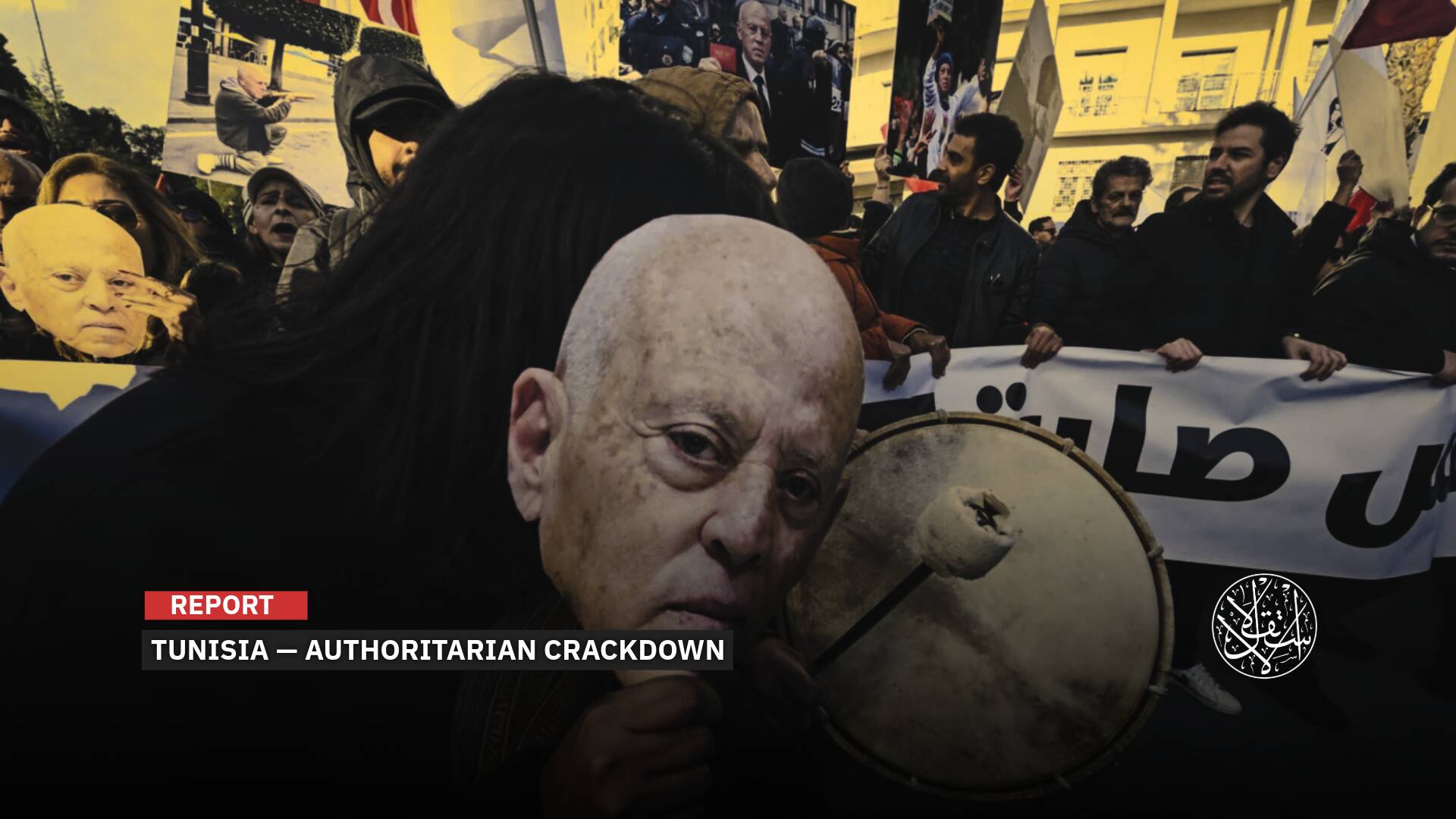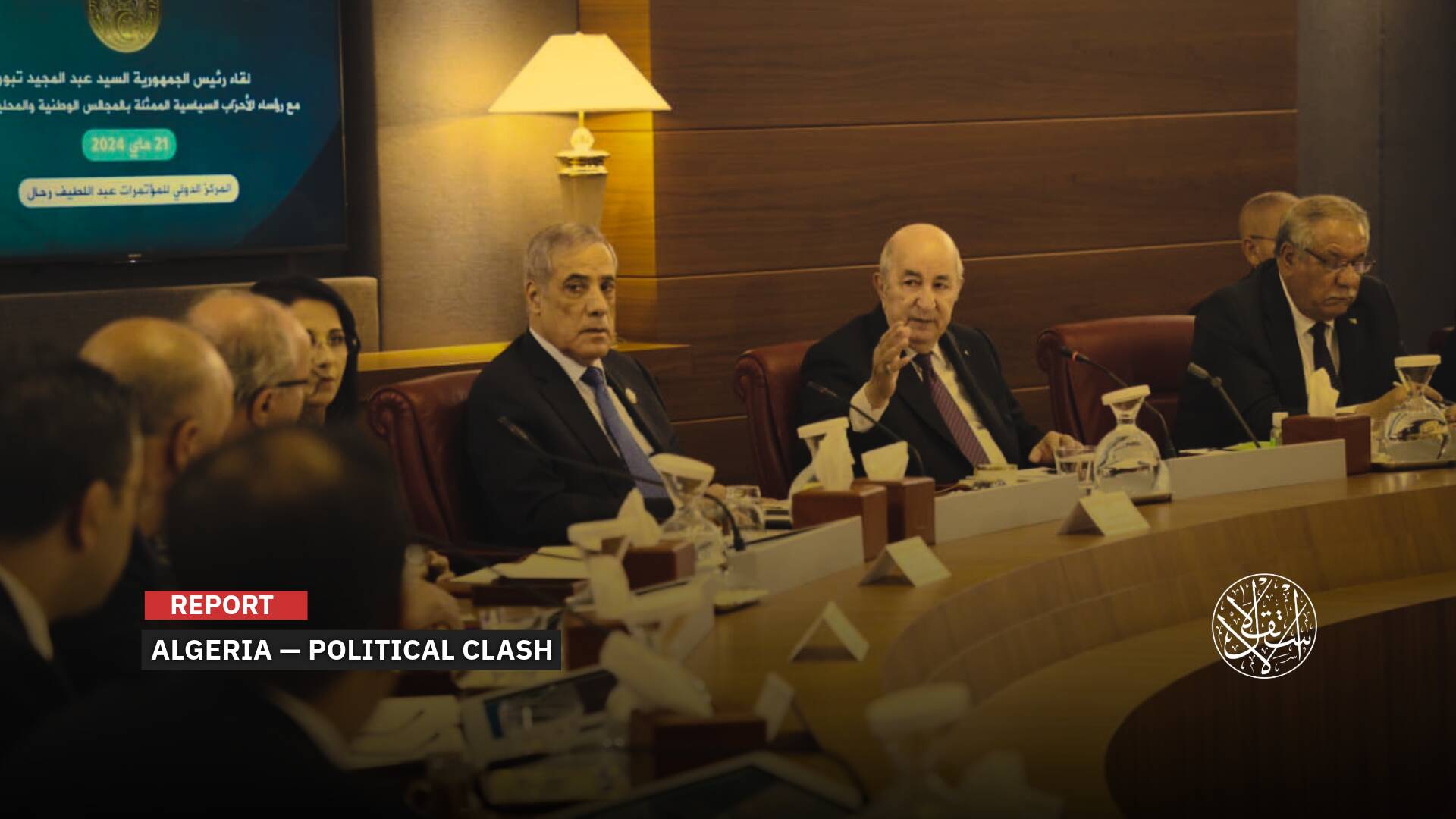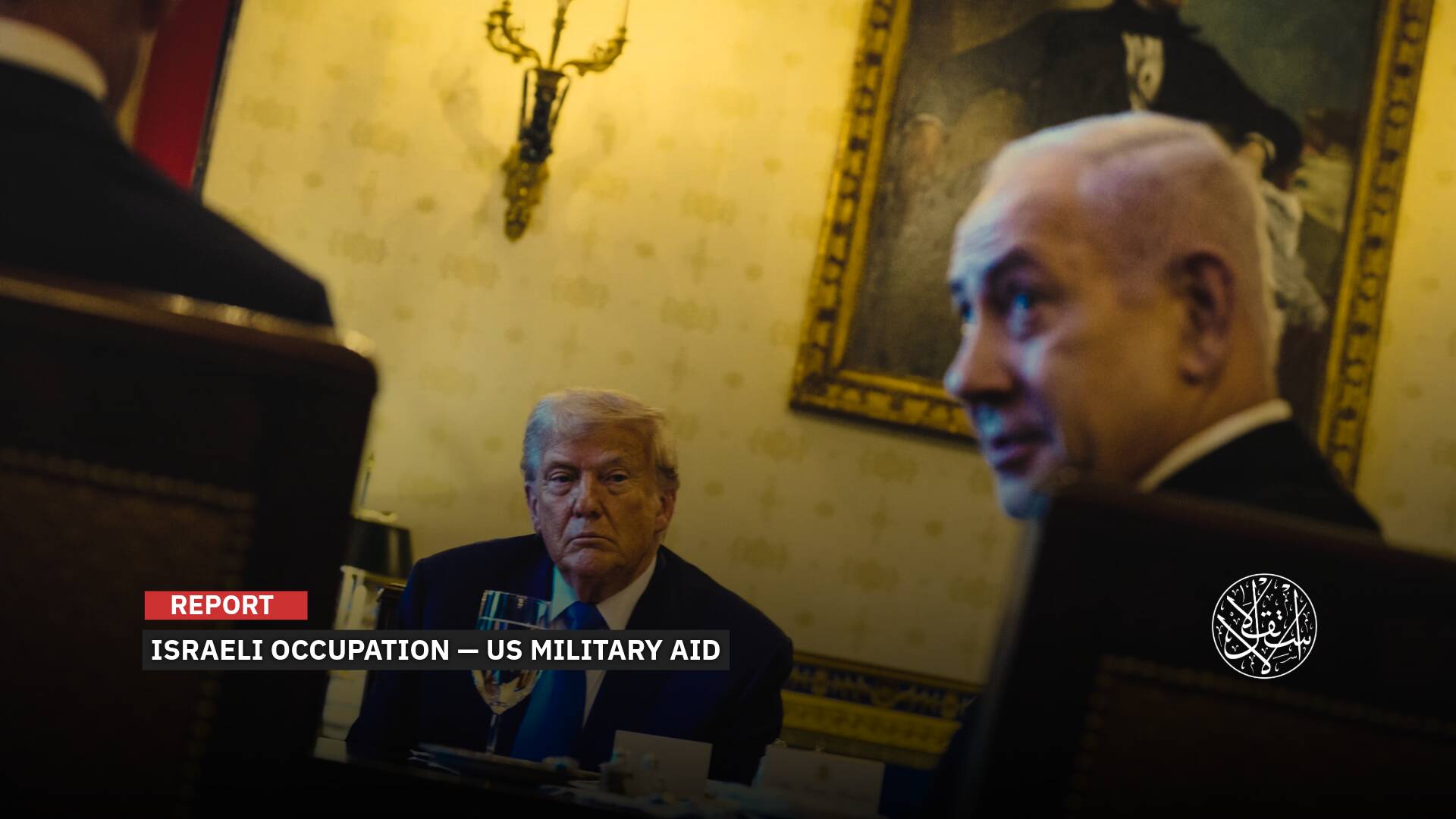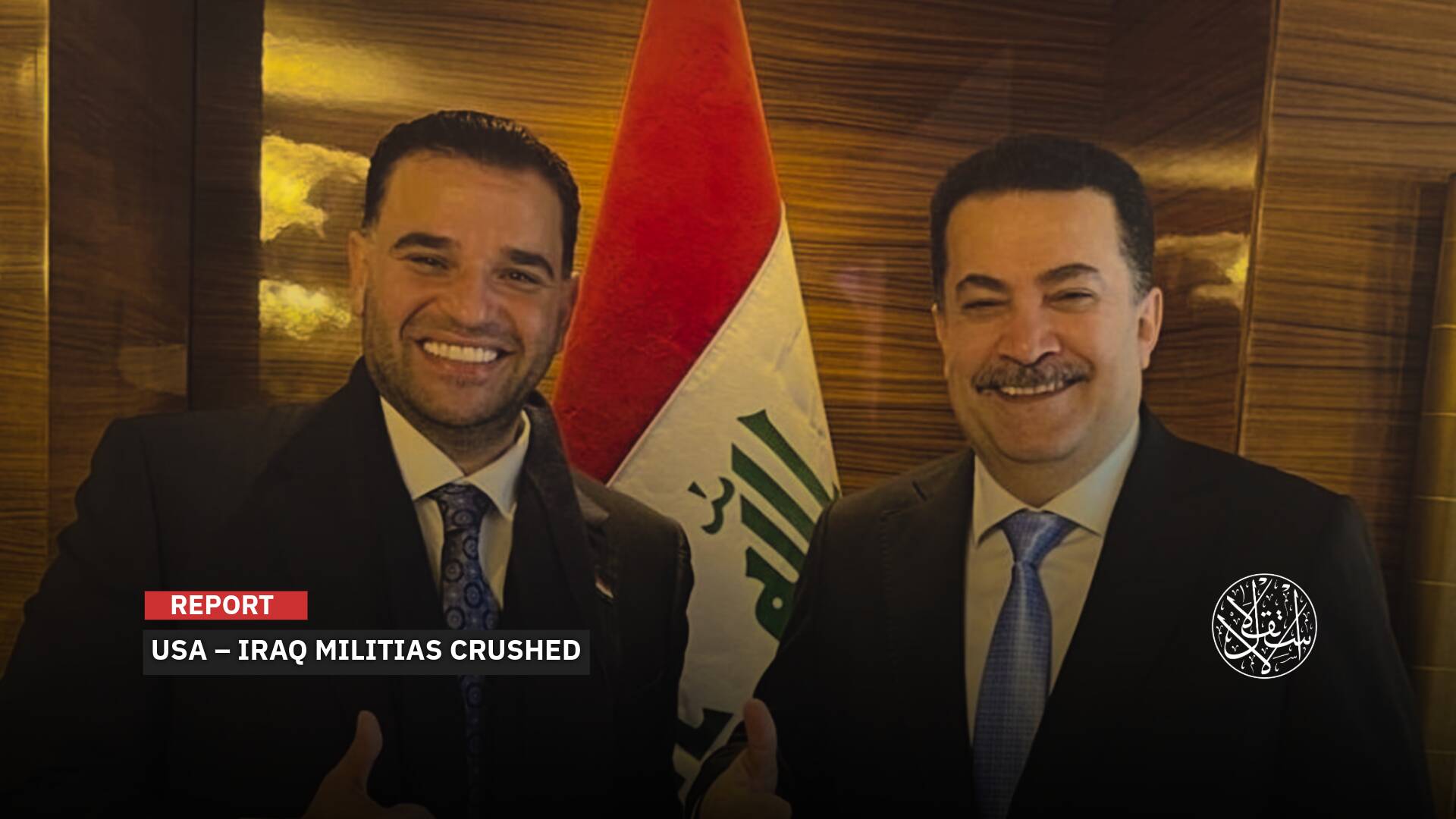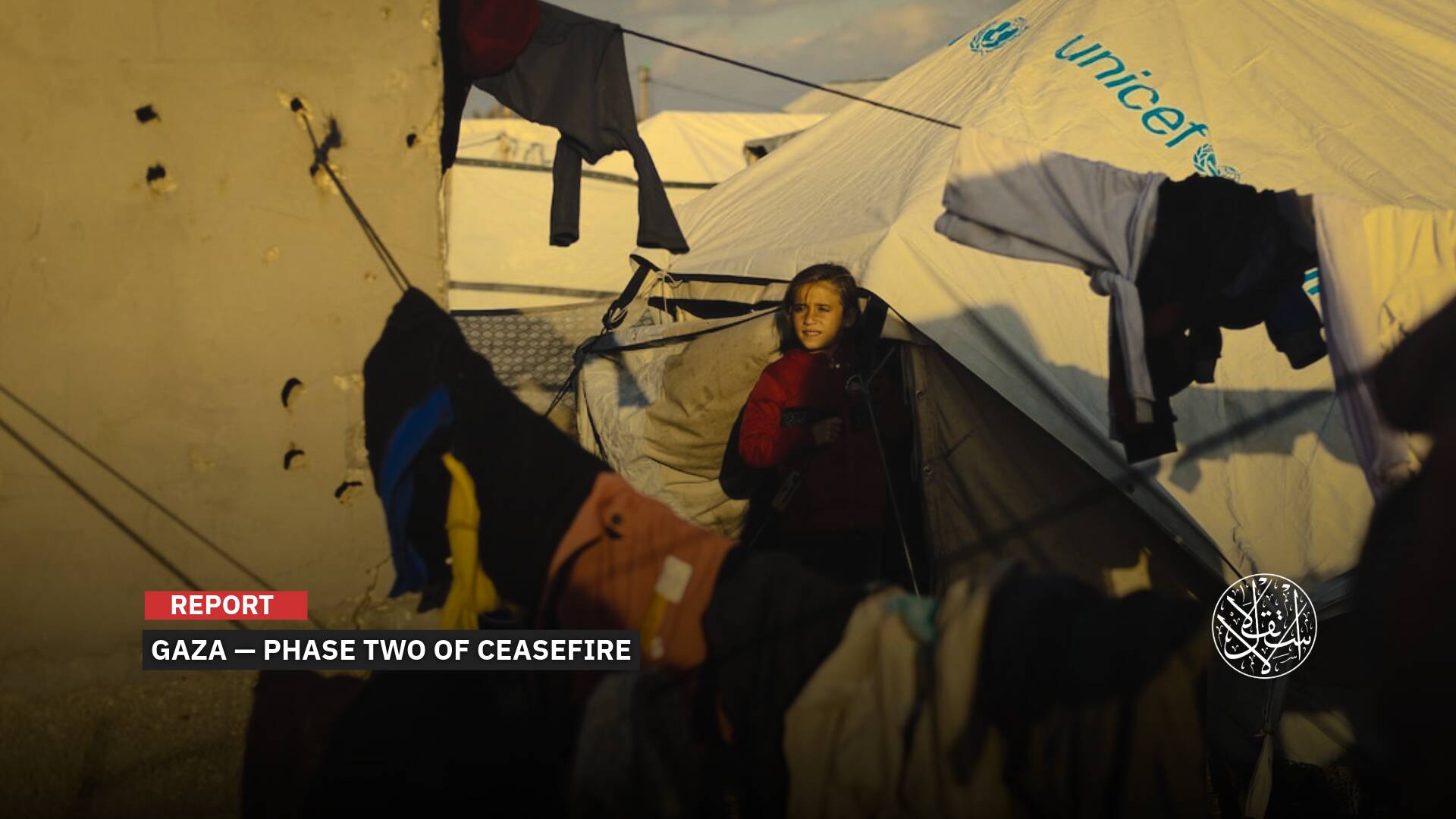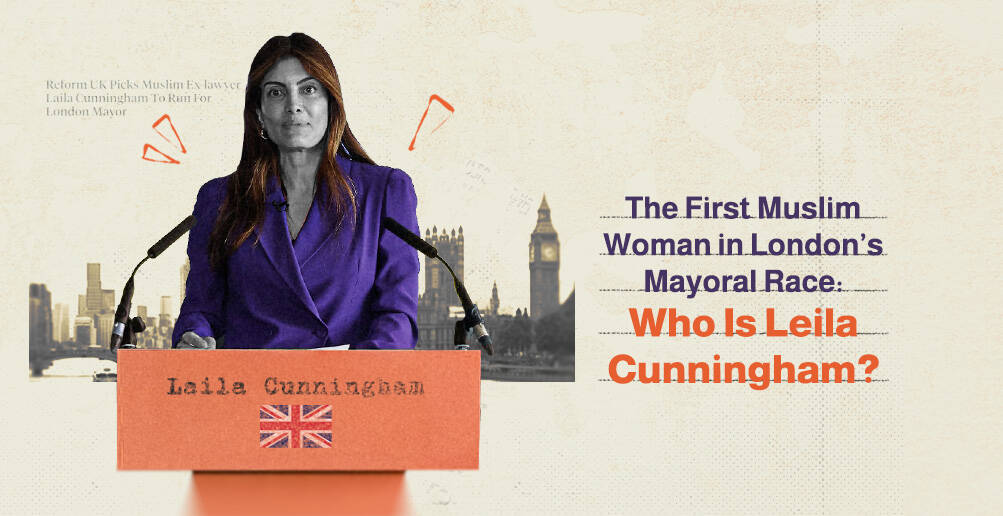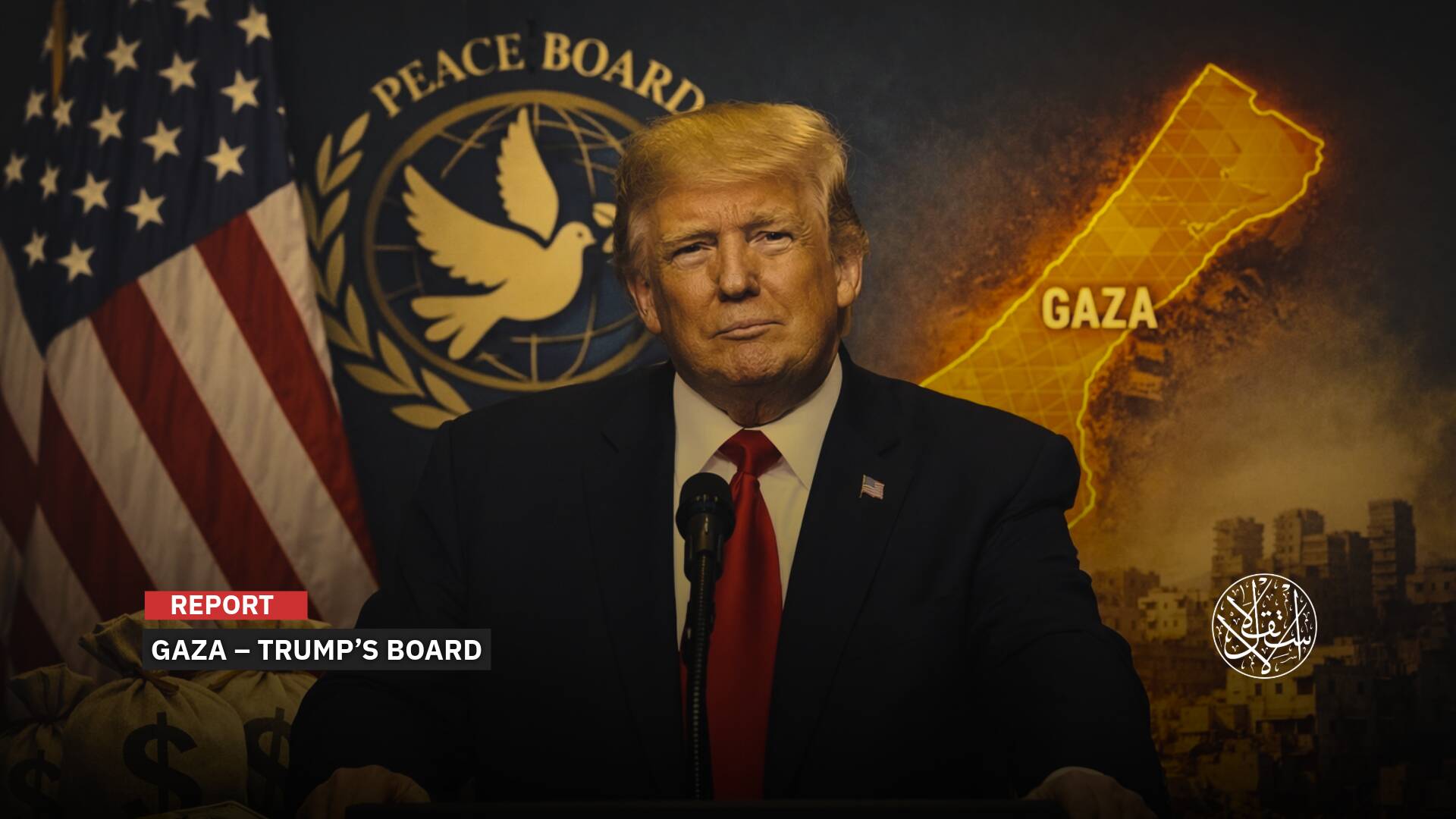Misuse of Municipal Resources for Electoral Purposes Sparks Controversy in Morocco—What's the Story?

These practices undermine the foundations of democracy and constitute an abuse of power.
A controversy erupted in Morocco after images and videos circulated showing a truck from a municipality in the country's central region parked outside the home of the government spokesman, Mustapha Baitas.
Activists claimed the vehicle was unloading aid intended for an association linked to the political party of Prime Minister Aziz Akhannouch.
In a similar incident, a local councilor from the Tanourdi municipality in the Midelt region (northern Morocco) filmed himself confronting a truck from the municipality carrying food aid for the Joud association, affiliated with the National Rally of Independents (RNI), the party leading the government coalition. The video was later broadcast on Facebook.
Municipal Scandal
On March 12, 2025, social media activists shared images of a truck belonging to the Tighouza municipality in the Sidi Ifni region (central Morocco), parked in front of the driveway of the government spokesman Mustapha Baitas's family home.
The head of the municipality, Hussein Idabir, who is affiliated with the RNI (National Rally of Independents), confirmed that the truck had been on a private mission, though he refused to disclose further details.
"I don't know why the truck's license plate was covered, and we are looking into the matter to confirm the exact nature of the mission it was carrying out," Idabir stated in an interview with Alyaoum 24.
"The news of the municipality truck unloading Joud aid at the home linked to the government spokesman raises serious questions. This minister must break his silence, clarify the truth of the situation, and explain his connection to this aid," activist Nizar Khairoun commented.
"This raises questions for the Ministry of Interior regarding the use of a municipal vehicle for party and electoral activities," Khairoun wrote on Facebook.
"Of course, the primary accountability falls on the Prime Minister, the leader of the party most directly involved in this incident."
"Note: The covering of the truck's license plate with cardboard is evidence that it is engaged in unauthorized activities, raising many questions," he concluded.
Government spokesman Baitas avoided directly answering a question during the press conference following the weekly cabinet meeting on March 13, regarding the accusations directed at him and his party.
"As for political issues that have arisen recently, we will find the appropriate space to engage with them," Baitas said.
The scandal surrounding the electoral basket of the Joud foundation continued to stir further repercussions, with the resignation of councilor Mohamed Ait Raho from the Guers Tiaallaline municipality in the Midelt region revealing even more hidden details.
In his resignation, signed before the relevant local authorities and widely circulated on social media, Ait Raho explained that he had decided to leave the party due to the "clear discrimination" in the distribution of Ramadan food baskets and winter blankets, favoring party affiliates.
He accused the party of using these aid distributions for clear electoral purposes.
Ait Raho also stated that the distribution process had been "guided by party directives," which led him to feel systematically excluded by regional coordinators and disconnected from local parliamentarians.

Electoral Exploitation
The General Secretariat of the Justice and Development Party (PJD) condemned and expressed concern over the actions taken by the ruling party during this holy month, actions which were corroborated by several images and videos showing municipality trucks transporting aid from the Joud foundation.
In a statement issued on March 13, the PJD called on the relevant authorities to take urgent action and launch an investigation into the misuse of public resources and property for distributing aid from a private association for electoral purposes.
The statement also referenced reports of security officials and local mayors from the same party being involved in selecting beneficiaries and overseeing the distribution of these aids.
On another front, the General Secretariat of the party expressed deep concern over the government's persistent disregard—particularly by the Prime Minister and ministers from the ruling party—towards the suffering and expectations of citizens amid the deteriorating social and economic conditions and the ongoing wave of rising prices.
Rachid Hamouni, head of the Progress and Socialism party's parliamentary group, submitted a written question on March 13 to the Minister of the Interior regarding the aid provided by the Joud foundation, specifically in relation to the use of public resources and property.
In his question, Hamouni warned that these aid distributions signal "the exploitation of poverty and vulnerability among the disadvantaged to sway voters in an unethical and illegal manner."
He pointed to the actions of the Joud Foundation, "the charitable and humanitarian arm of the party leading the government," which has been conducting large-scale, repeated operations to distribute "material aid."
This has been done "through an extensive network, under the guise of charitable work, and often involving the use of public resources and property for transporting, storing, and distributing these aids, which are presented under the banner of solidarity and philanthropy."
"The electoral motives behind this are obvious to everyone, signaling the exploitation of poverty and vulnerability among the disadvantaged to manipulate voters in an unethical and illegal manner, thus favoring Akhannouch's party, which is openly and publicly connected to this foundation."
"The political body leading the government should be using its institutional position to tackle poverty and address rising costs through fair, effective, and general policies that benefit all Moroccans and every region, rather than resorting to these deceptive tactics, which resemble an unlawful and premature election campaign," Hamouni added.
In turn, Fatima Tamni, a parliamentary deputy from the Democratic Left Federation, submitted a written question to the Minister of the Interior regarding the "exploitation of citizens' poverty and state resources for electoral purposes by an association close to the Prime Minister."
"In a blatant assault on democracy, entities claiming to be charitable and affiliated with the party leading the government are exploiting the poverty exacerbated by the government itself, to influence the will of the people as electoral deadlines approach and with the scramble for the 2030 World Cup leadership."
"The available data has confirmed that several violations were recorded, including the use of state resources and a truck parked outside the home of a minister in the current government to transport aid linked to a charitable organization."
"These practices undermine the foundations of democracy and constitute an abuse of power, especially considering that this organization, which claims to be charitable and is closely affiliated with the Prime Minister, has been absent from several key initiatives, only to be mobilized for partisan agendas," Tamni stated.

Resource Exploitation
Following the uproar over the aid truck, el Hassan Sidki, the governor of the Sidi Ifni region, urged municipal mayors in the area to ensure strict oversight of the use of municipal vehicles and equipment, permitting their use only for public interest and within the bounds of the law.
In a letter addressed to the mayors regarding the use of state resources and equipment for political purposes, the governor stated, "It has come to my attention that some municipal councilors have used municipal vehicles and equipment for political and electoral purposes, which do not fall within the scope of managing local public affairs."
Sidki emphasized that "this constitutes a clear violation of the applicable laws, particularly Article 94 and beyond of the Organic Law No. 113.14 concerning municipalities, and represents an abuse of municipal resources for personal gain, undermining the principle of equal opportunity."
Political activist Yacoub Najeh stated that "the crisis surrounding the Joud Foundation and its accusation of exploiting aid for electoral purposes marks a dark spot in the history of humanitarian and social work."
Najeh told Al-Estiklal that "while charitable institutions are expected to distance themselves from any suspicion, we find that there is an exploitation of emotional humanitarian moments to achieve personal or partisan goals."
"It is the responsibility of the relevant authorities to take strict measures and enforce the law impartially to prevent any exploitation of citizens' living conditions for political purposes," Najah noted.
A similar controversy surrounding the Joud Foundation emerged ahead of the 2021 elections, with accusations directed at the National Rally of Independents (RNI) party for using charitable work for electoral purposes.
The distribution of aid for charitable purposes is governed by clear and specific conditions outlined in Law No. 18.18, which regulates fundraising and aid distribution activities.
The law includes detailed procedures concerning oversight, reporting, and the clarification of funding sources and beneficiary identities, as well as the requirement for the relevant distributing body to submit reports to the authorities.
The Joud for Development Foundation presents itself as an organization aimed at "mobilizing and uniting a strong and active civil society to contribute to improving the daily lives of our citizens and building a better future."
The foundation states that its mission is "to strengthen the capabilities of citizens by providing financial and management solutions tailored to the needs of the population, through empowering individuals via local activities that cover various sectors, including education, health, infrastructure, basic services, arts, culture, and sports."
Political science researcher Mohamed Chakir argued that "the political debate over the use of social aid for electoral purposes is not a new issue. It has been raised in previous years as part of the competition to sway voters."
Chakir explained to al-Araby on March 16 that "despite the measures taken by the Ministry of the Interior, including the recent approval of a decree banning the use of social aid for electoral purposes, some elected officials have been accused of exploiting this in 'Ramadan baskets,' prompting the Ministry to instruct its departments to investigate the matter."
"There is a significant challenge in curbing this type of exploitation in elections, due to the deep-rooted nature of this behavior in Morocco's political culture. Providing food has become a component of political behavior, both for the voter and the elected official."
"The social vulnerability affecting segments of society due to poverty, the absence of social protection networks, as well as unemployment, marginalization, and illiteracy, creates the ideal conditions for this exploitation, especially in the absence of political awareness that would shield voters from solidifying their vote in a thoughtful, political, and ethical manner," Chakir noted.


